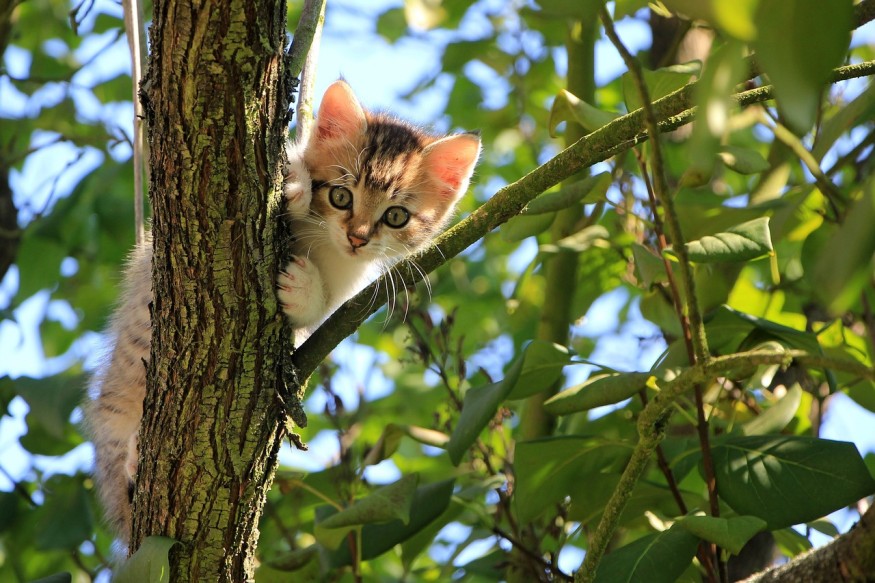Cats are some of the most popular pets in the world only being next to domestic dogs, which have long been considered by many as "man's best friend."
However, humans' furry, feline friends are also up to the task of being our reliable, loving companions. In fact, there are also instances where both domestic cats and canines live in the same household.
However, humans by far significantly outlive domestic cats, also called house cats, in terms of the relatively low average cat lifespan. These variations can also be found between different animal species and groups, with some that can live for a long time. In the past, some have compared pets and wild animals, not only when it comes to behavior but also their survival and lifespan.
Average Cat Lifespan

In this context, it is hard not to compare the average cat lifespan between the ordinary house cats and the predatory wild cats, which includes lions, leopards, tigers, and lynxes. Despite the differences between domestic cats and big cats, they still belong to the same family Felidae in the order Carnivora within the Animal Kingdom. Yet, there are still distinctions on the maximum lifespan of these felines due to several biological and environmental factors.
According to experts, the average lifespan of the domestic cat species (Felis catus) is approximately between 12 and 18 years. Still, there are some house cats that live more than 20 years of age. Meanwhile, the average lifespan of the wild cat species (Felis silvestris) is around 12 and 14 years. This estimation is only based on available data recorded by zoologists and other concerned scientists in the field.
Oldest Living Cat in the World
Some of the well-known factors that impact a cat's maximum age are breed, genetics, nutrition, lifestyle, and preventative care. This means that the average cat life lifespan is somehow ensured for felines living indoors as opposed to those living in the streets or in the wild.
According to the 2010 edition of Guinness World Records, the oldest cat to ever live was Creme Puff, a Texas-based domestic cat who lived for 38 years. Creme was born in August 1967 and reportedly died of natural causes in August 2005, with no health complications.
Following the death of Creme Puff, the record-holder for the oldest living cat in the world was transferred to a 27-year-old cat, named Flossie, who lives in the United Kingdom. Flossie reportedly had several owners during her lifetime after living as a stray kitten near a hospital in Liverpool, England.
Based on these records, there is growing evidence that suggests that being a larger and wilder cat does not entail of having a longer average cat lifespan, as this aspect is influenced by a combination of factors rather than just one. Experts explain that cats living outdoors or in the wild are more susceptible to risks, including diseases than their house cat counterparts.
© 2026 NatureWorldNews.com All rights reserved. Do not reproduce without permission.





